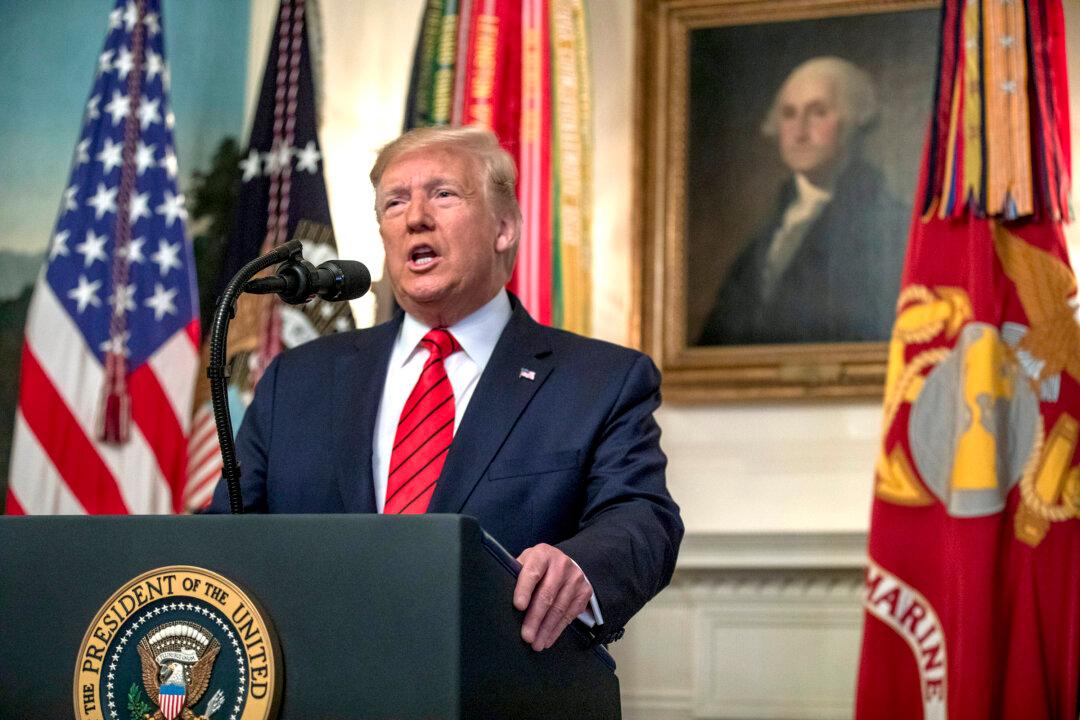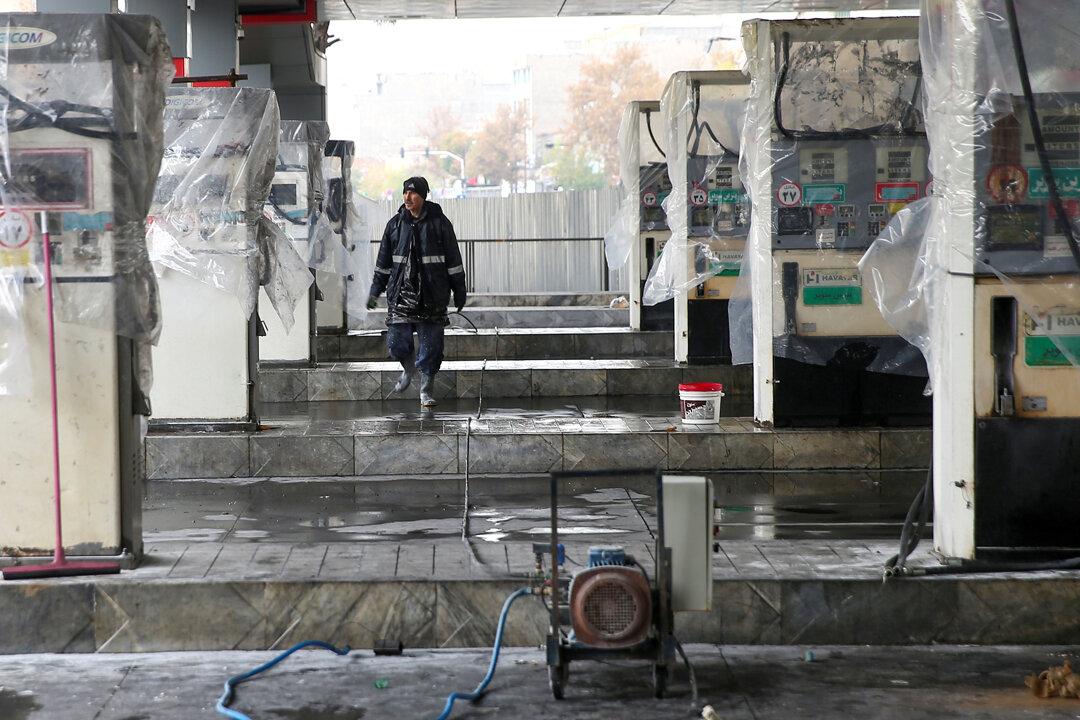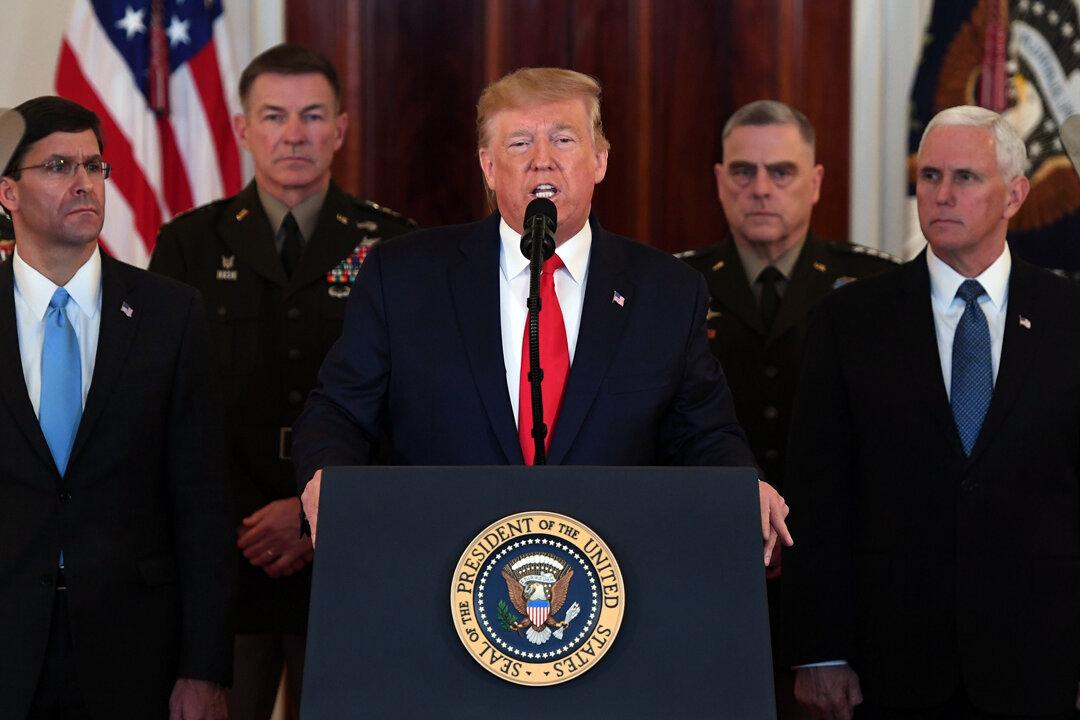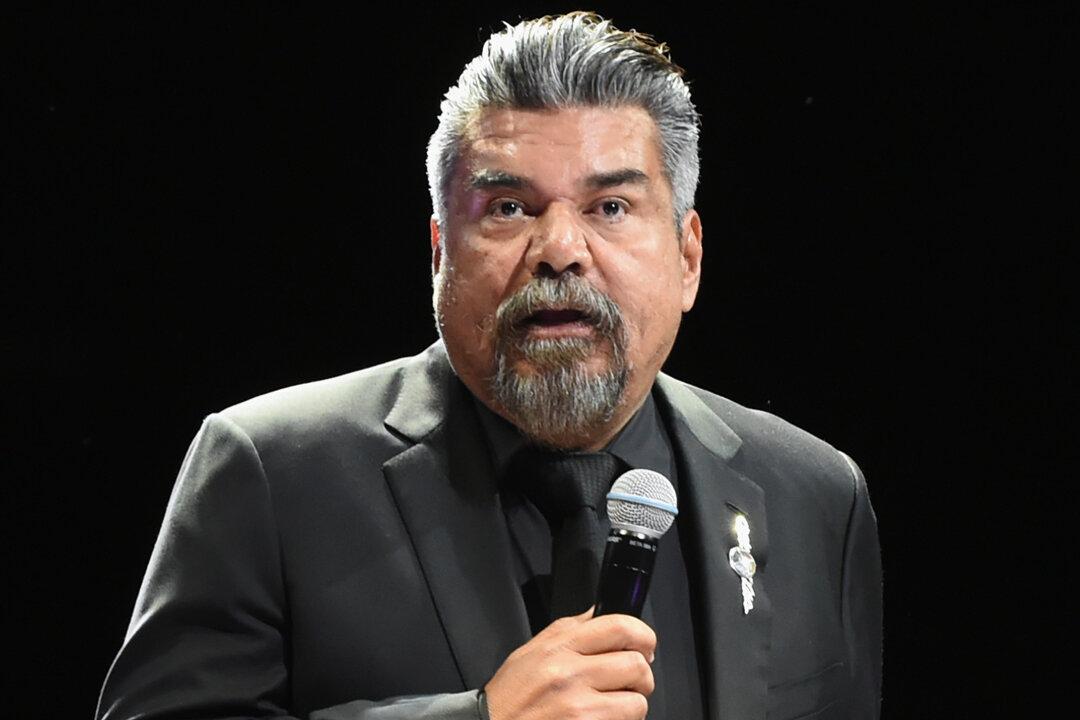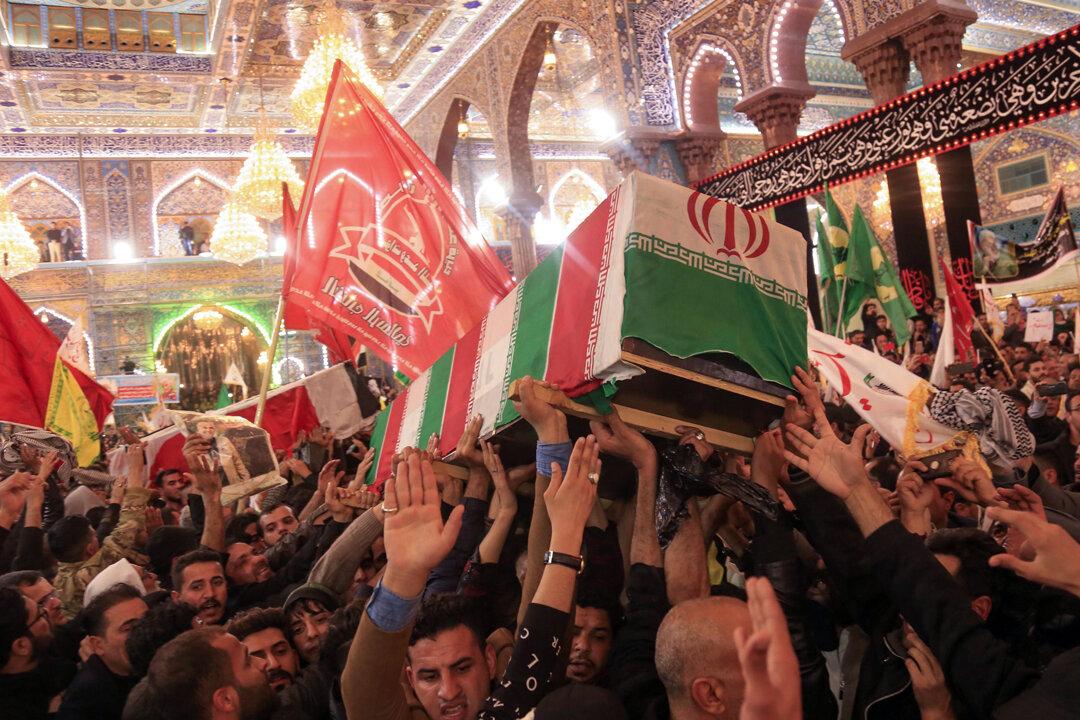Commentary
President Donald Trump recently authorized a raid in Syria in which ISIS leader Abu Bakr al-Baghdadi was killed. Rather than commending the president, House Speaker Nancy Pelosi (D-Calif.) and other congressional Democrats cried foul and denounced the president for failing to notify them of the planned raid prior to its execution.
